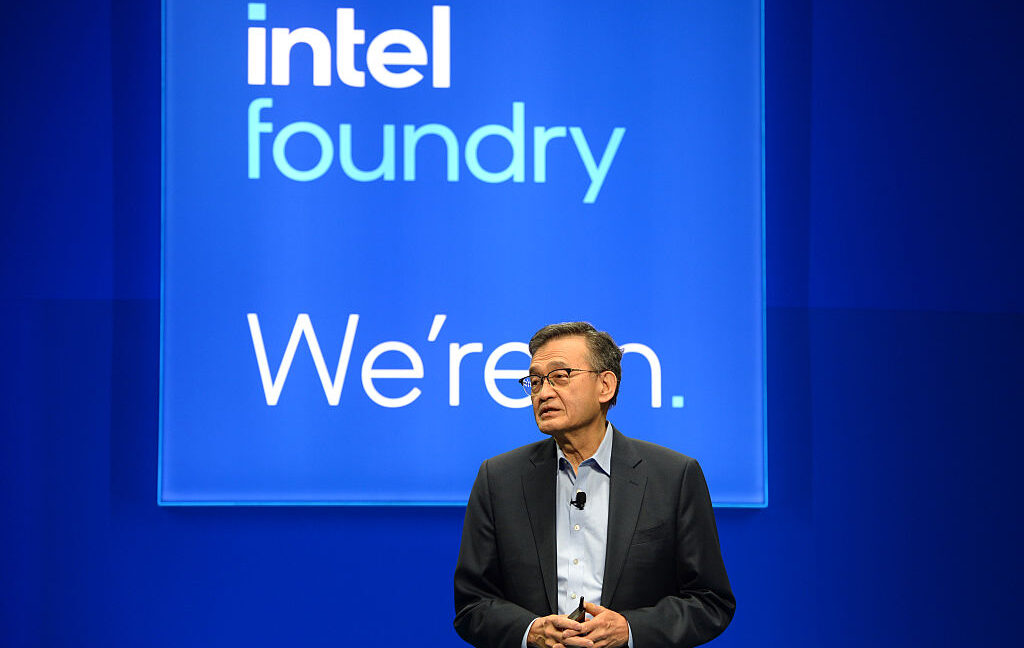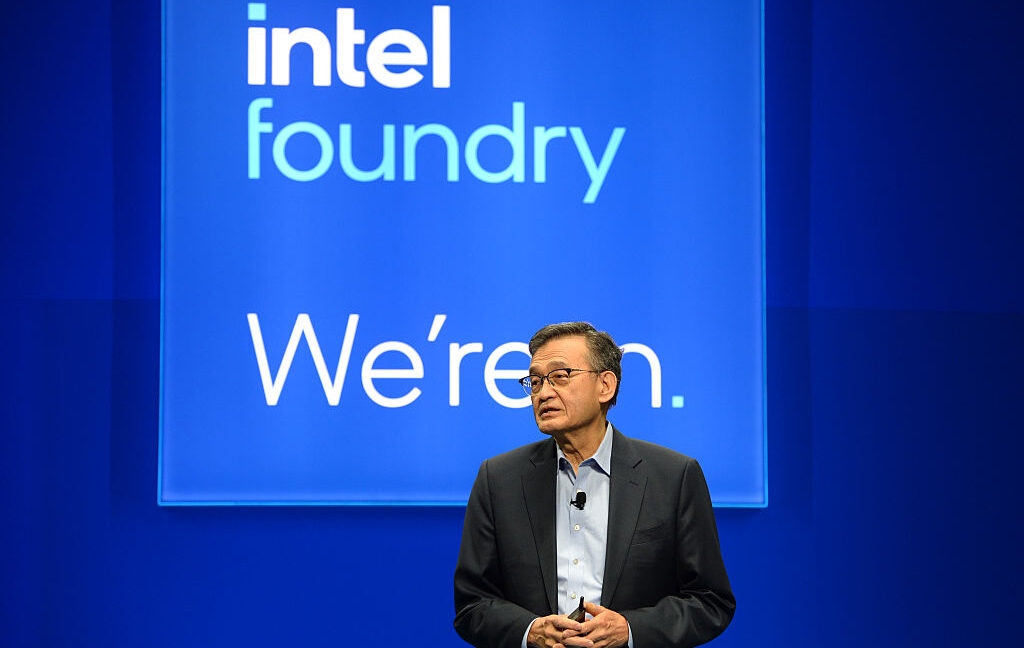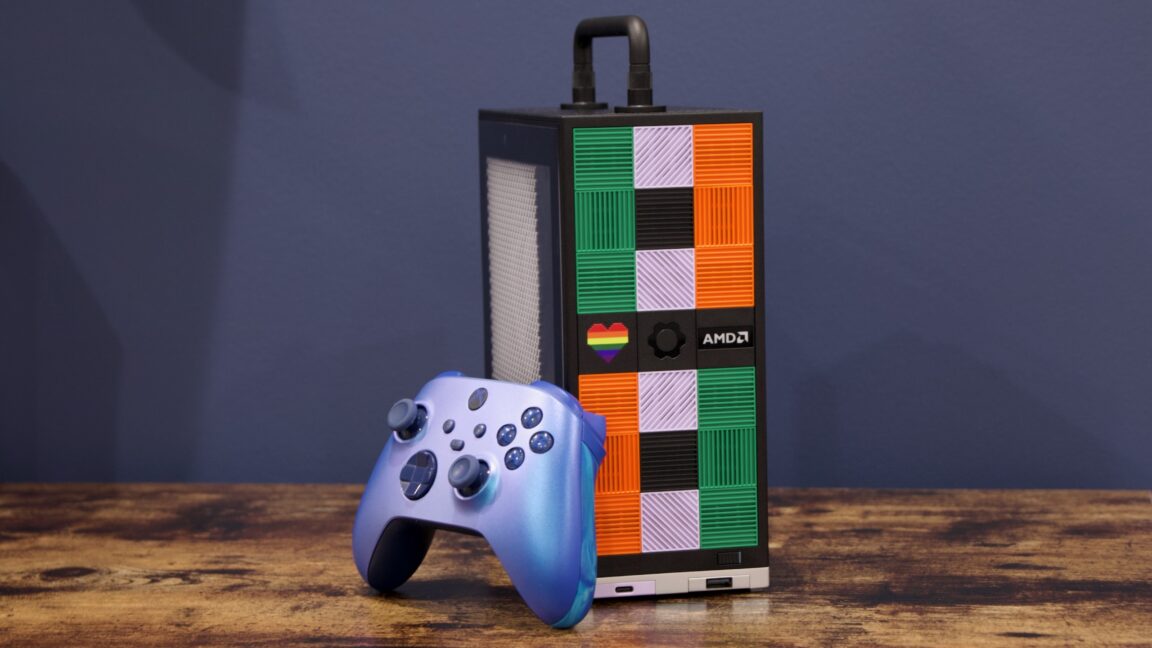Intel CEO Faces Calls for Resignation Amid Controversy

In a surprising turn of events, former US President Donald Trump has demanded the resignation of Intel's newly appointed chief executive, Lip-Bu Tan, labeling him as "highly conflicted." Trump's statement was shared on his Truth Social platform without elaborating on the specific conflicts of interest he implied.
This demand aligns with a recent letter from Republican Senator Tom Cotton expressing concerns about the security and integrity of Intel's operations under Tan's leadership, particularly highlighting his connections to China.
Lip-Bu Tan has been an active investor in Chinese technology companies through his venture capital firm based in San Francisco and enterprises in Hong Kong. His previous investments include Semiconductor Manufacturing International Corp, China’s largest chipmaker.
Before taking the helm at Intel earlier this year, Tan was at the forefront of Cadence Design Systems, a company that recently admitted to breaching US export regulations by selling chip design tools to a Chinese university linked to the military.
Neither Intel nor the White House has commented on Trump's post. However, Intel's shares dropped by 3 percent in New York's pre-market trading following the news.
Tan stepped into the role of Intel CEO in March, following Pat Gelsinger's departure in December. Under his leadership, Intel has been attempting to catch up in the AI chip market—a sector dominated by rivals like Taiwan Semiconductor Manufacturing Company.
Intel has received significant US government subsidies to bolster its chip manufacturing, lagging behind its competitors. However, cost-cutting measures proposed by Tan may potentially halt the advancement of Intel’s next-generation manufacturing technology, potentially leaving Taiwan Semiconductor Manufacturing Company with a monopoly.
Senator Cotton's letter to Intel’s board chair emphasized the responsibility Intel holds in managing US taxpayer dollars ethically and adhering to security regulations, casting doubt on Tan's ability to meet these expectations due to his associations.
As this situation unfolds, the tech world remains on edge over the possible implications for Intel's future operations.



